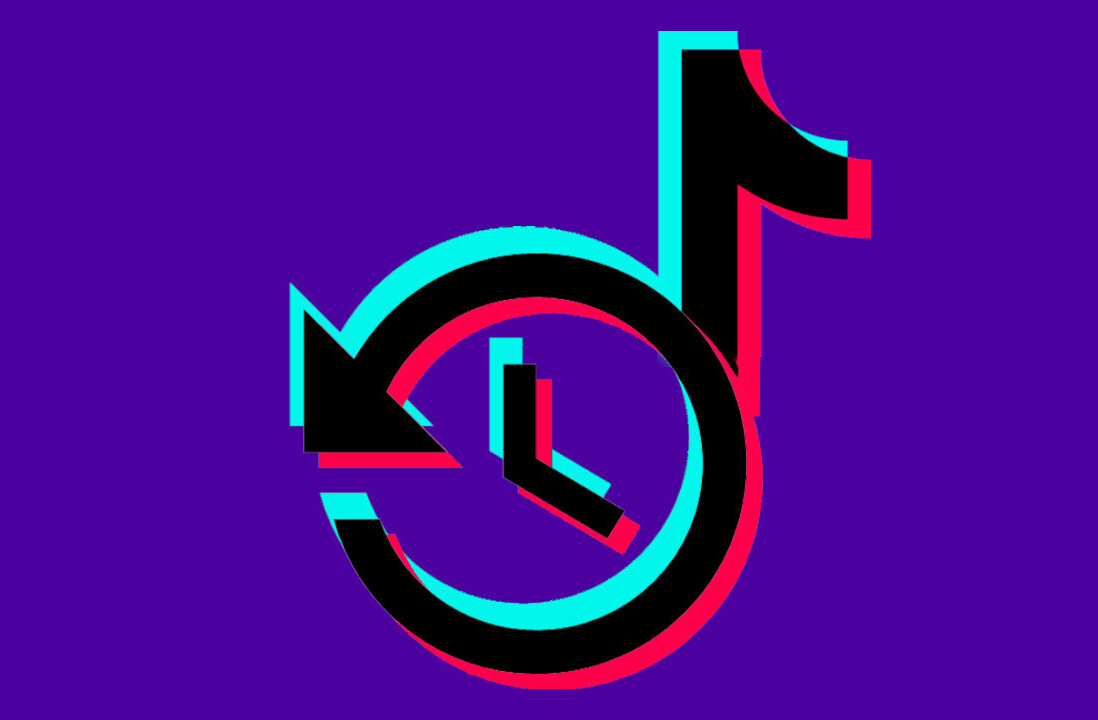
Beyond the relatively small-percentage of well-known cross-platform apps also available on Android, it can be difficult to sift through the rubble to unearth those little gems. Moreover, how do you go about communicating with the people responsible for building an app?
With that in mind, Swably is the latest service out of the starting blocks designed to meet this growing need…a community to share, comment, network and discover everything about the latest Android apps. From a developer perspective, you can publish and promote your apps through Swably, and talk with users directly.
Swably is the handiwork of a two-man Chinese team of Dennis Chu and Alex Liao – as such, the app is available in Chinese, as well as English.
How it works
The Swably interface doesn’t look too dissimilar to Twitter and other social networks you may be familiar with. Except Swably is focused on apps and people.
You can post an app itself to Swably’s servers, accompanied by a tweet-sized comment, for other users to download directly. When users find interesting apps through the following and everyone stream, they can download it, ‘star’ it or share it across the social sphere.


You must register to have access to the app’s full features, otherwise you can only browse and download apps. Users are given the option of logging in using their Facebook, Twitter or Google+ credentials. Also, you’re not allowed to upload paid apps unless you’re the creator/owner of that particular app.


According to Chu, one of Swably’s developers, his app is a decentralized app platform just like Twitter, “You can just skim over the stream and see if there is anything interesting,” he says. “Also, Swably is a platform that let developers communicate with users directly. There are 700,000 apps on Google Play, how many of them would you be able to find? We hope Swably will get the less popular but quality apps more exposure and more downloads.”
Isn’t Swably just like AppAware or Appsfire (previous coverage) though? “They let you use your social network friends to discover and share apps,” says Chu, “but what makes Swably special is the higher mobility of its Twitter-style review-stream.”
One potential issue with Swably is that of viruses – how do you know who you’re downloading from isn’t a bad egg, hell-bent on infecting your phone? And what about the issue of piracy…could I potentially upload an app created by someone else and claim all the glory? It seems so.
Swably does advise users to download apps only from people they trust to minimize risks. And the team say it hopes Swably doesn’t end up as a “piracy paradise” – it states that users must only share free apps unless they are the developers. Developers can lay claim to an app and disable downloads if they discover that their paid apps are being shared by third-parties. Sounds great in theory, though in practical terms this could prove tough to manage from Swably’s perspective.
Chu and Liao spent fourteen months building Swably, shifting through seven iterations before landing with the beta version we see on Google Play today.
Finally, will we be seeing Swably hit iOS any time soon? Well, given the less-closed nature of the Google-owned operating system, it seems to lend itself much better to Android than iOS, so this won’t be ported to the App Store any time soon.
H/T 36kr.com
Feature Image Credit – Thinkstock
Get the TNW newsletter
Get the most important tech news in your inbox each week.




